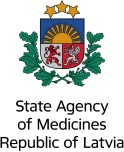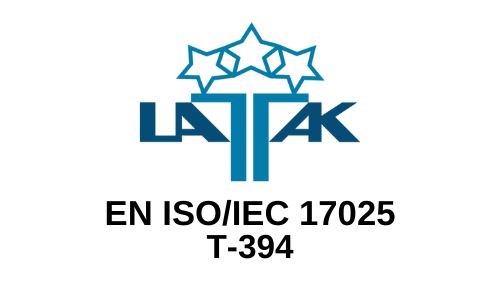With regard to trial conduct during COVID-19 pandemic, joint guidance developed by the European Commission, Europe Medicines Agency and the Heads of Medicines Agency (hereinafter – EU Guidance) should be followed.
With regard to changes in the conduct of clinical trials, study sites and sponsors should keep in mind the subject safety and workload of healthcare professionals during the emergency due to COVID-19. In the evaluation of the situation, subject safety should be the main priority, in particular with regard to high-risk patients (e.g., immunocompromised patients, elderly patients).
It should be assessed which aspects are critical for the trial conduct and continuity. These aspects should be assessed by the trial sponsor in collaboration with persons conducting the trial, and the current local situation should be considered. Any changes in the trial conduct in relation to COVID-19 should be reported to the State Agency of Medicines (SAM). Any deviations from normal practice should be appropriately documented.
In case when the amendment needed are treated as an urgent safety measure, these may be implemented without obtaining permission form the SAM; however, they should be reported to the SAM. SAM is committed to process any applications related to COVID-19 via fast-track procedure.
Sponsors are in charge of the assessment of seriousness of any changes to decide whether to submit the information in the form of a substantial amendment.
SAM provides the following general recommendations with regard to potential solutions to ensure the continuity of clinical trials during the emergency period; however, these recommendations are not ultimate, and every situation should be assessed on a case-by-case basis depending on the trial type and the current local situation, which might change rapidly in the global pandemic conditions.
1. Since the risk of SARS-CoV-2 virus infection causing COVID-19 should be limited as much as possible, the following changes in conduct of patient visits may be acceptable:
- home visits;
- reducing the number of visits (changes to trial schedule) and supplies of study drugs for longer periods of time;
- if there is a possibility to get the SARS-CoV-2 virus infection causing COVID-19 at the certain trial site (e.g., if the site also provides the treatment for COVID-19 patients), patient visits may be conducted at another existing study site, or the new site can be opened;
- remote visits via communication channels (phone or video-visits), if such visits are possible considering investigations to be carried out at the visit. This is a possible solution also in cases when a subject is quarantined.
2. If laboratory, instrumental, imaging or any other investigations are not possible due to any reasons related to COVID-19 and the lack of such investigations pose a risk to patient safety, patient withdrawal from the study should be considered.
3. Sponsor may decide to terminate the study or to stop recruitment activities.
4. In reasonable cases, home delivery of study drugs from the site may be acceptable, ensuring that applicable regulations governing distribution of medicinal products are followed and that transport and storage conditions are respected. If appropriately documented, re-distribution of study drugs between study sites is also possible, if sites experience shortages in drug supplies.
In exceptional cases during critical epidemiological situation, direct delivery of medicinal products by courier on behalf of the sponsor may be considered; such change should be submitted to the SAM as the substantial amendment.
5. Changes in trial monitoring are acceptable in line with the EU Guidance.













